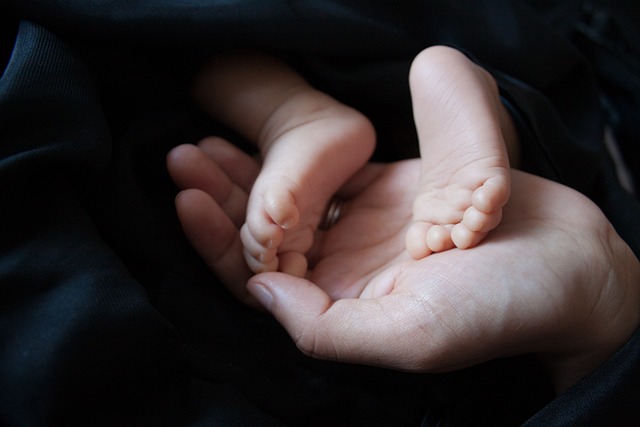Background
Erdafitinib is a panfibroblast growth factor receptor (FGFR) inhibitor approved for the treatment of locally advanced or metastatic urothelial carcinoma in adults with susceptible FGFR3/2 alterations who progress after platinum-containing chemotherapy.
The effects of erdafitinib in patients with FGFR-altered metastatic urothelial carcinoma who progress during or after treatment with checkpoint inhibitors (anti-programmed death protein 1 [PD-1] agents or anti-programmed death ligand 1 [PD-1] agents -L1]) are not clear.
Methods
We conducted a global phase 3 trial of erdafitinib compared with chemotherapy in patients with metastatic urothelial carcinoma with susceptible FGFR3/2 alterations who had progression after one or two prior treatments that included an anti-PD-1 or anti-PD-L1 .
Patients were randomly assigned in a 1:1 ratio to receive erdafitinib or the investigator’s choice of chemotherapy (docetaxel or vinflunine). The first goal was overall survival.
Results
A total of 266 patients were randomized: 136 to the erdafitinib group and 130 to the chemotherapy group. Median follow-up was 15.9 months.
Median overall survival was significantly longer with erdafitinib than with chemotherapy (12.1 months vs. 7.8 months; hazard ratio for death, 0.64; 95% confidence interval [CI], 0.47 to 0 .88; P = 0.005).
Median progression-free survival was also longer with erdafitinib than with chemotherapy (5.6 months vs. 2.7 months; hazard ratio for progression or death, 0.58; 95% CI, 0.44 to 0 .78; P < 0.001).
The incidence of grade 3 or 4 treatment-related adverse events was similar in the two groups (45.9% in the erdafitinib group and 46.4% in the chemotherapy group).
Treatment-related adverse events resulting in death were less common with erdafitinib than with chemotherapy (in 0.7% vs. 5.4% of patients).

Conclusions Erdafitinib therapy resulted in significantly longer overall survival than chemotherapy among patients with metastatic urothelial carcinoma and FGFR alterations after prior anti-PD-1 or anti-PD-L1 treatment. |
(Funded by Janssen Research and Development; THOR ClinicalTrials.gov number, NCT03390504. opens in new tab.)
















